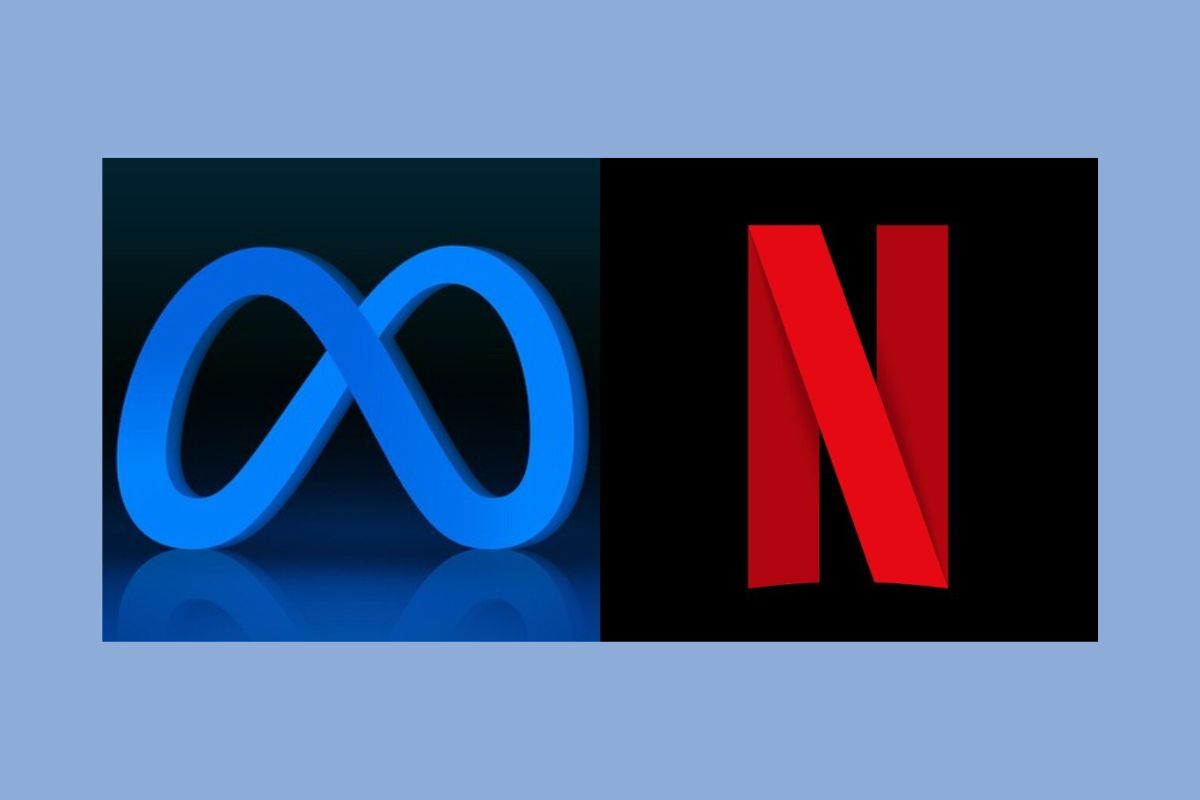Meta refutes allegations of granting Netflix access to users’ private messages. The claim surfaced on X following Elon Musk’s amplification of multiple posts, responding with “Wow” and “Yup.” This assertion originates from a court filing discovered during the discovery process of a class-action lawsuit concerning data privacy practices involving a group of consumers and Meta, Facebook’s parent company.
The document alleges a “special relationship” between Netflix and Facebook, asserting that Facebook reduced spending on original programming for its Facebook Watch video service to avoid competition with Netflix, a major Facebook advertiser. It further claims that Netflix utilized Meta’s “Inbox API,” offering programmatic access to users’ private message inboxes.
Musk’s response on X sparked a wave of outrage, with users expressing concerns about the sale of Facebook user data. Meta, however, disputes the accuracy of the document’s claims.
Meta’s communications director, Andy Stone, rebutted the claims in a statement reposted on X, asserting, “Shockingly untrue. Meta did not share users’ private messages with Netflix.” Stone clarified that the agreement permitted users to message their friends on Facebook about Netflix content directly from the Netflix app, a common practice in the industry.
Meta contends that while Netflix had programmatic access to users’ inboxes, it did not utilize this access to read private messages. Beyond Stone’s X post, Meta has refrained from further comment.
Nevertheless, according to documents obtained, The New York Times previously reported in 2018 that Netflix and Spotify could access users’ private messages. Meta refuted these claims in a blog post titled “Facts About Facebook’s Messaging Partnerships,” explaining that both companies had access to APIs allowing users to share content directly from their respective apps without third-party message reading.
Nevertheless, Messenger did not implement default end-to-end encryption until December 2023, leaving room for doubt regarding message protection. The lack of encryption combined with read/write access to inboxes raises concerns about message security.
While Stone downplays Netflix’s ability to access private messages, it’s worth noting that Netflix had access beyond that of other companies. According to the document, Netflix had access to Meta’s “Titan API,” enabling integration with Facebook’s messaging app. In exchange for inbox access, Netflix provided Meta with regular reports on recommendation sends and clicks and agreed to maintain confidentiality.
Netflix and Facebook maintained a close relationship, with then-Netflix CEO Reed Hastings, also a Facebook board member, directly communicating with Meta executives, including CEO Mark Zuckerberg. Zuckerberg himself intervened in Facebook Watch’s budget decisions, reducing spending on original programming to avoid competition with Netflix.
Elsewhere in the filing, Meta’s snooping on Snapchat traffic is detailed among other matters.



